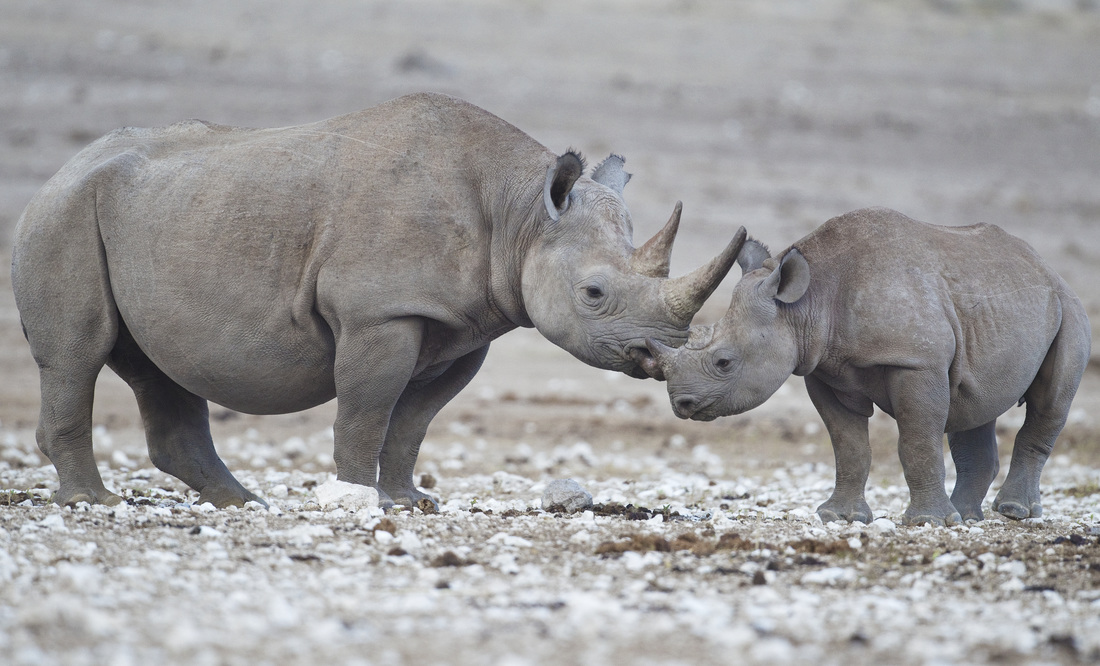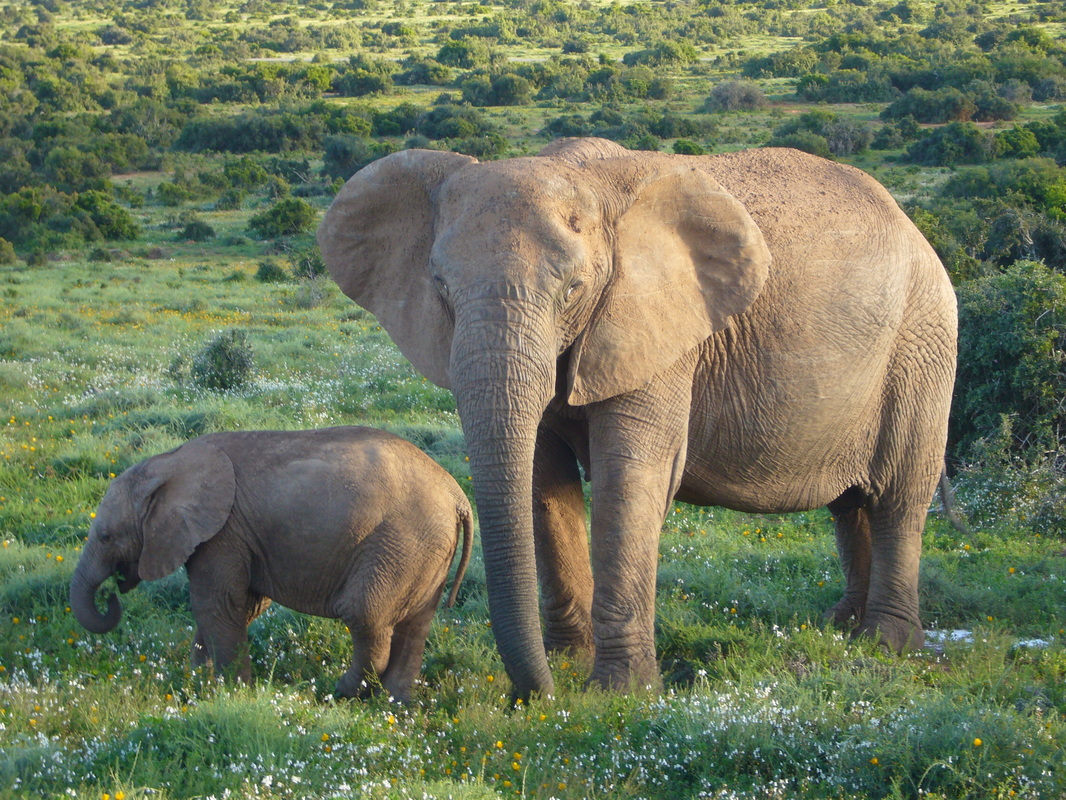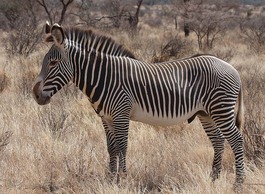3 of the Most Endangered African Animals
|
The Impact of Animal Poaching
Animal Poaching's Impact on the Ecosystem
We have a sensitive ecosystem that should not be tampered with and every time it is drastically changed, it affects everything. The world needs many different types of plants, which are all maintained by our animals. Rhinos maintain the African grasslands which other species depend on and if rhinos disappear from Africa, the savannah will become a very different place. If all these animals become extinct because of poaching, forests and grasslands that rely on the nutrients brought by animals that are being poached will have a hard time finding enough nutrients in other places to grow and make their food. Poachers sometimes make holes to put their traps in, and the holes are left in the ground. This disrupts the natural growth of plants and other animals can fall into the holes and get stuck. As you can see, poaching animals reduces the population of animals, it also puts the environment at risk.
Animal Poaching's Impact on Humans
Two serious problems that impact humans due to poaching are the spread of food borne illness and lack of natural resources. These are both due to the the amount and type of animals that are caught and sold. You have seen an example of the spread of food borne illness because of animal poaching that you probably don't realize: the country wide spread of Ebola from monkey meat in Congo. Another example of this is the outbreak of Anthrax in Uganda, because the meat given to people was not inspected by the government before being distributed throughout Uganda. Poachers are also selling whatever kind of meat they catch to make money, not to help the people who are desperate for food in the very poor countries throughout Africa. Poaching affects humans because it also affects our natural resources. Natural resources are one of the most important things we have as people because once they are gone, they are gone for good. Poaching puts resources at danger because if an important resource was either an animal that is being poached or the natural resource relies on an animal that is being poached, the resources will no longer be existent. If the resource is a plant then it could become extinct by ways to spread seeds. Since resources are so valuable, their affect on one city may lead to an effect on the whole world.




